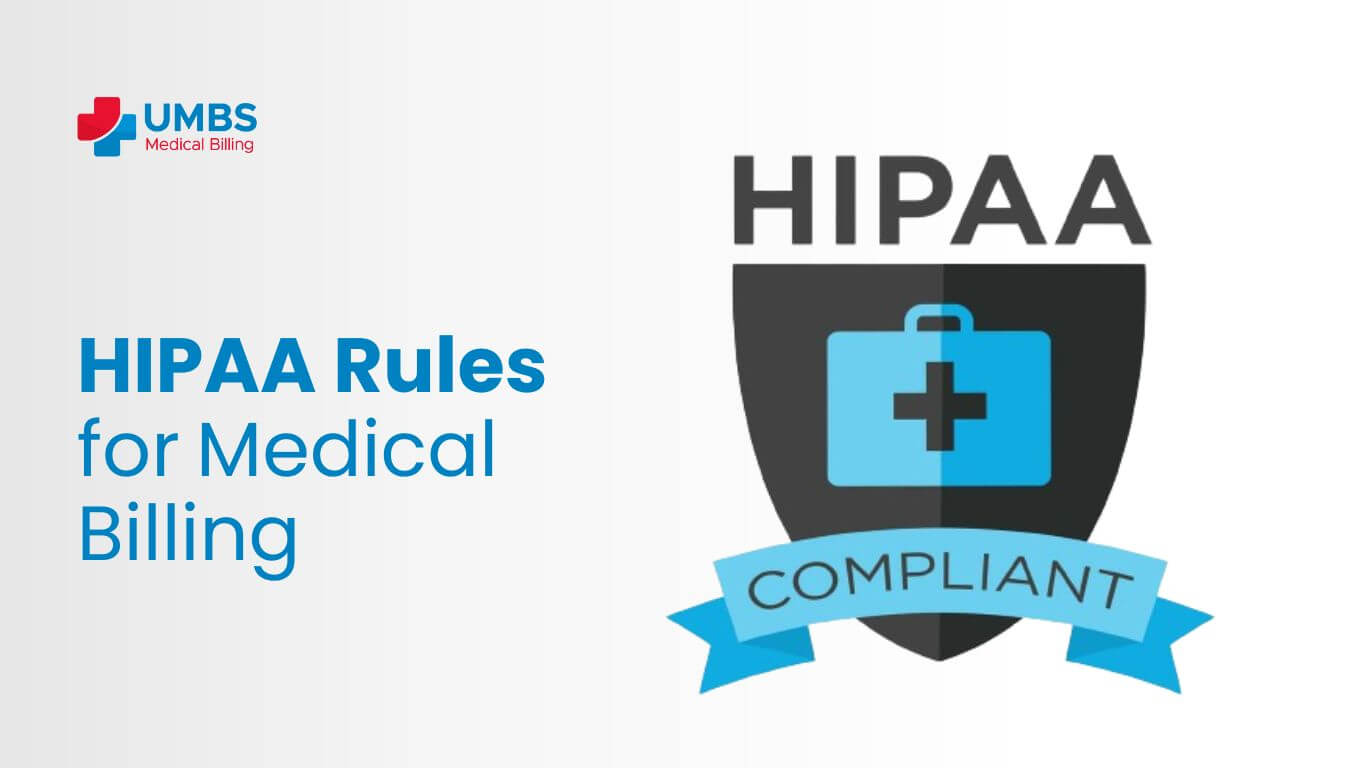Healthcare providers have a vital responsibility to protect patient information, avoiding severe penalties, legal issues, and reputational harm. The Health Insurance Portability and Accountability Act (HIPAA), established in 1996, aims to safeguard the confidentiality of medical records and personal health information (PHI), particularly in electronic transmissions. Compliance with HIPAA is essential for healthcare providers involved in medical billing.
This guide offers doctors, hospitals, and healthcare providers the necessary information and tools to adhere to HIPAA regulations in medical billing, ensuring patients’ privacy and security are preserved.
In-House vs. Outsourced Medical Billing
AspectIn-house Medical Billing Outsourced Medical Billing Overview Large healthcare practices employ internal teams for medical billing. Small practices and doctor’s offices often outsource billing processes. Compliance with HIPAA Employees are directly under the healthcare organization’s authority. Outsourced entities are considered Business Associates under HIPAA.
Business Associate Agreements Not subject to any regulations regarding Business Associate Agreements. Business Associate Agreements must be in place with outsourced entities. Communication with Physicians Immediate access to doctors for clarification of diagnoses and treatments.
Relies on secure communication systems to communicate with physicians. Minimum Necessary StandardCompliance with the Minimum Necessary Standard is still required. Compliance with the Minimum Necessary Standard is still required.
HIPAA Rules for Medical Billing:
Medical billing companies require access to protected health information (PHI) as part of their responsibilities. The HIPAA regulations applicable to medical billing companies align with those for any other business associate under HIPAA.
1) Privacy Rule
The Privacy Rule affects medical billing companies concerning the disclosure of PHI to other medical entities.
PHI accessible to medical billing companies may include:
- Treatment details, encompassing past and present medical conditions.
- Fees paid by patients or their insurers for treatment.
- The whereabouts of the healthcare provider administering treatment.
2) Security Rule
The Security Rule applies to medical billing companies regarding the protection of PHI they access. As business associates, these companies must establish administrative, physical, and technical safeguards to uphold PHI’s confidentiality, availability, and integrity.
Here are the required safeguards:
- Physical Safeguards: Ensure the physical security of office spaces where PHI or ePHI is stored. This includes measures like alarm systems, security systems, and restricted access to areas containing PHI.
- Technical Safeguards: Safeguard your business’s cybersecurity to protect ePHI. Implement technical measures such as firewalls, encryption, and data backup to secure electronic patient information.
- Administrative Safeguards: Train staff members to effectively implement security measures. Develop policies and procedures documenting security safeguards, and conduct employee training to ensure proper execution of these protocols.
3) OIG Compliance
The Office of the Inspector General (OIG) oversees the integrity of medical billing and coding practices to prevent fraud.
Common fraudulent practices by medical billing and coding companies include:
- Upcoding: This happens when providers bill insurance for services they didn’t perform, aiming to receive more money.
- Undercoding: Providers intentionally omit codes for services provided to avoid OIG scrutiny.
- Unbundling codes: Providers submit separate claims for services that could be billed together, aiming to increase payments.
- Falsifying medical records: Providers alter patient records, including medical and payment histories, or treatment descriptions.
How Long Does HIPAA Compliance Last?
The HIPAA Security Rule mandates safeguarding electronic health records for a minimum of six years. State laws may impose different time limits, varying across organizations. For instance, CMS requires hospitals to retain data for at least six years, while critical access hospitals must keep it for five. OSHA dictates that businesses maintain medical records for 30 years.
HIPAA Violation Penalties
Violating HIPAA rules can lead to expensive fines, legal expenses, and harm to your reputation. The Department of Health and Human Services’ Office for Civil Rights (OCR) is responsible for monitoring HIPAA compliance and handling complaints. Penalties for non-compliance can range from $100 to $50,000 per violation, with a yearly maximum of $1.5 million for each violation type.
Criminal violations may result in fines up to $250,000 and up to 10 years in prison.
Tips for Healthcare Providers
Healthcare providers play a critical role in safeguarding patient information, especially during medical billing. To maintain HIPAA compliance and protect Patient Health Information (PHI), it’s crucial for providers to:
- Develop tailored policies to address specific needs.
- Implement administrative, physical, and technical safeguards.
- Conduct regular employee training sessions.
- Educate staff on identifying suspicious emails, securing devices, and reporting incidents.
- Use encrypted email or secure file transfer methods.
- Ensure unauthorized access prevention during data transmission.
- Limit access to necessary employees only.
- Use access controls and permission settings on electronic devices.
- Regularly review and update security policies.
- Conduct audits to spot and address any gaps or areas for improvement.
- Establish a dedicated incident response team.
- Maintain clear incident response procedures and keep them current.
Adhering to these guidelines helps ensure HIPAA compliance in medical billing. Failing to comply can result in significant consequences, including hefty fines and damage to the provider’s reputation.





